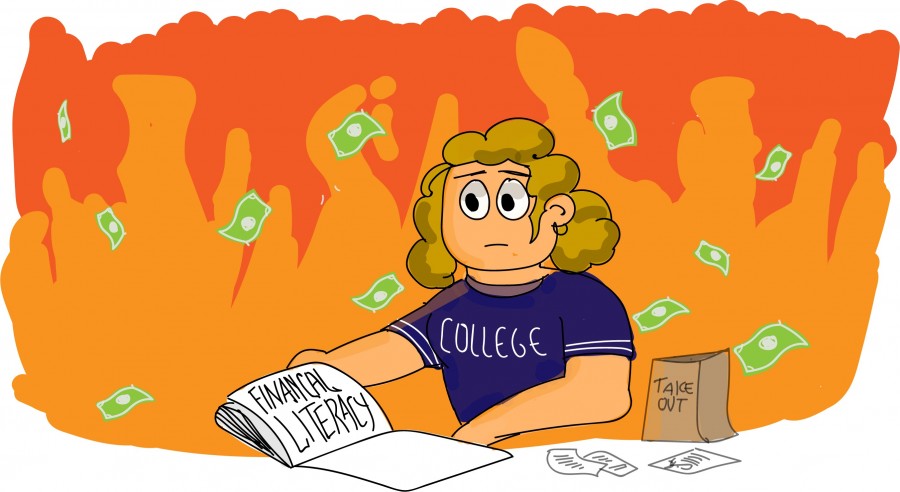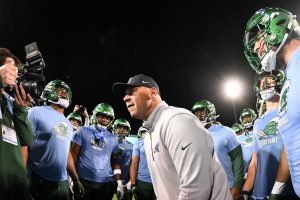Tulane students should cultivate economic awareness
September 11, 2019

In a generation notorious for using efficient Amazon Prime orders and convenient Uber rides, it can be easy to gloss over the financial impact of our spending habits. Especially in our busy lives as Tulanians, buying the latest high tech gadget with free shipping may seem like the most appealing move, but a glance at our economic future could compel us to be more conservative in our consumption patterns.
Indeed, nations around the world are attempting to educate their youth regarding the benefits of understanding basic economic concepts, especially in such a rapidly evolving economy.
In particular, the Japanese government has encouraged youth to begin investing and has pushed to expand financial education programs for Japanese youth to help offset nationwide concerns over an aging population, low birthrate and depleted pension system. Eerily enough, the issues Japanese leaders look for their youth to solve reflect many of the same problems we as Tulanians and Americans will have to confront in our lifetimes.
Abe discusses Russia, Japan’s low birthrate, social security in New Year statement https://t.co/7tFMuT4Yj0 pic.twitter.com/himgkYVhVk
— Japan Today News (@JapanToday) January 1, 2019
In the U.S. and Louisiana in particular, fertility rates have been declining. In 2017, the U.S. birthrate was 1,764.5 births per 1000 women and 1,876 births per 1000 women in Louisiana, 16% lower than the rate needed to sustain population levels currently. Coupling that economic data with the U.S.’ rapidly aging population ― the roughly 1.5 to 1 current proportion of youth to retirees is expected to flip in 2035 ― America’s economic future appears greatly challenged.
If we completely disregard the $22 trillion in continuously growing U.S. debt, the estimated evaporation of the American pension system by 2035 or even the rapid decline of an accredited manufacturing system, while looking ahead to already pressing issues like climate change, student loan debt and trade tensions, it is evident that the supporting cast for the 21st century is performing a very weak rendition of prosperity thus far.
As college students, financial issues are particularly pressing concerns at this point in our lives. Many Tulanians and most millennials can empathize with the struggle of covering what seem like exponentially compounding academic costs, attaining a degree, and maintaining personal interests.
But since most colleges do not explicitly cover financial literacy or awareness, it is important for us to take the initiative to use the resources around us and educate ourselves.
Though the direction of economic headwinds largely lies in the will of America’s leaders, it benefits us as citizens and students to pay attention. President Trump’s trade war, for example, has received a flurry of support and backlash from political spectators, but what ultimately matters is how his policy impacts us as consumers. Following these narratives can help us make informed practical decisions: purchasing an iPhone in July would have cost 10% less than purchasing one now, simply because of a policy change on Twitter.
…during the talks the U.S. will start, on September 1st, putting a small additional Tariff of 10% on the remaining 300 Billion Dollars of goods and products coming from China into our Country. This does not include the 250 Billion Dollars already Tariffed at 25%…
— Donald J. Trump (@realDonaldTrump) August 1, 2019
As Tulanians prepare to graduate and integrate into society, it is important to build a solid foundation of economic awareness now. The vast array of complex challenges that have already come to define our generation will likely not recede, but if we do our part as citizens to make financially responsible decisions, the costs of many of these issues can likely be offset.
As Americans next in line to take the reins of leadership, we must be vigilant in actually solving problems rather than prolonging them. This begins with a basic awareness of personal finance.









Leave a Comment